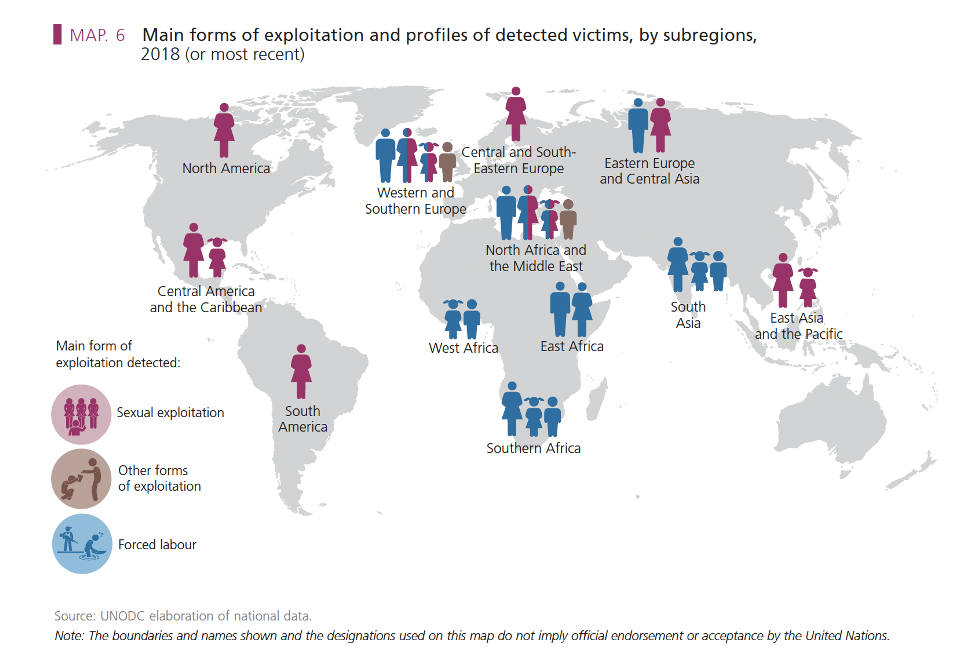THE STATISTICS- “THE UNPLEASANT TRUTH”

WHAT IS HUMAN TRAFFICKING?
WHERE DOES IT HAPPEN?
Sex trafficking is everywhere.
A common myth is that sex trafficking only occurs in developing countries. The truth is that it happens everywhere—often in higher-income countries. It is estimated that between 15,000 to 50,000 women and children are forced into sexual slavery right here in the United States every year.
WHILE MODERN-DAY SLAVERY IS FOUND IN EVERY COUNTRY, HUMAN TRAFFICKING IS ONE OF THE MOST SIGNIFICANT HUMAN RIGHTS ISSUES IN INDIA.
Almost 8 million people — roughly the entire population of New York City are trapped in human trafficking in India.
Forced labor accounts for the majority of those affected by modern slavery, however, sex trafficking remains the second most common form of trafficking.

HOW DOES IT HAPPEN?
Common knowledge about sex trafficking often centers around dramatic narratives of young girls and boys being abducted by strangers, transported in windowless vehicles, and held captive while drugged and chained in brothels in different cities or states. However, while these types of scenarios do occur, they are not the norm.
Fewer than 10 percent of trafficking cases involve kidnapping.
WHAT DO WE DO TO HELP?
IF YOU BELIEVE SOMEONE HAS BEEN LURED INTO THE SEX TRAFFICKING INDUSTRY, TAKE ACTION IMMEDIATELY. WE BELIEVE IT’S BETTER TO BE WRONG THAN TO NOT SAY ANYTHING AT ALL.




 Quick Exit
Quick Exit